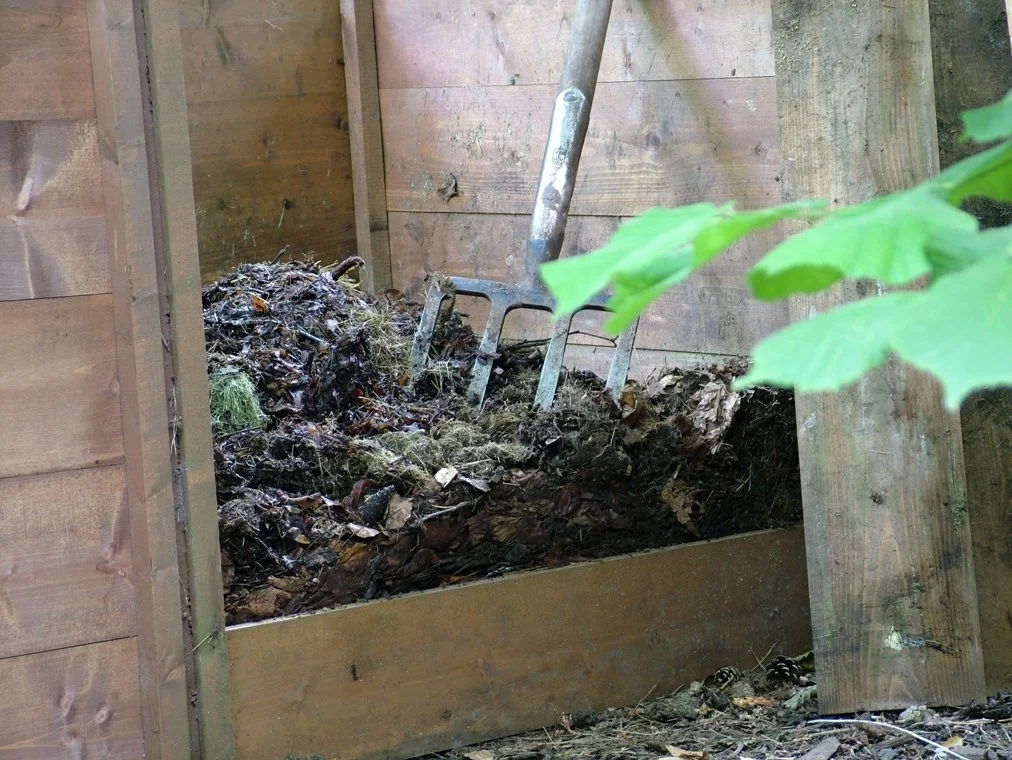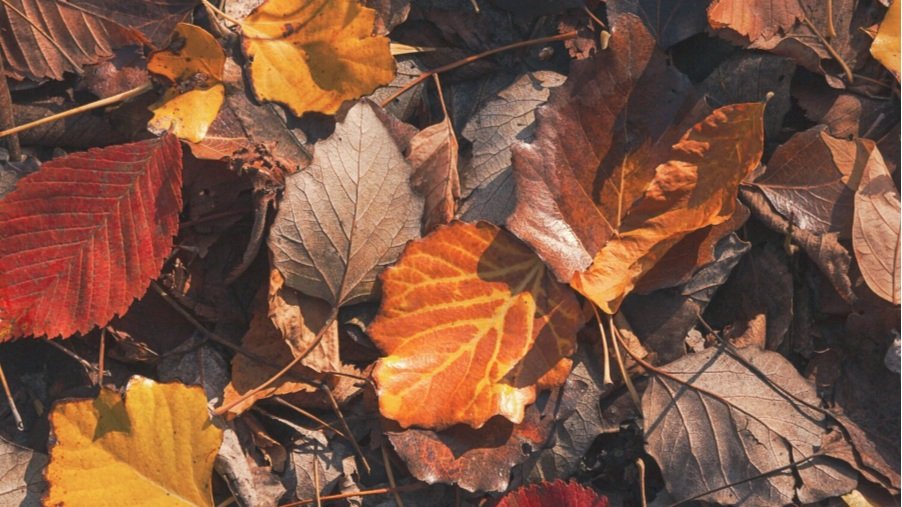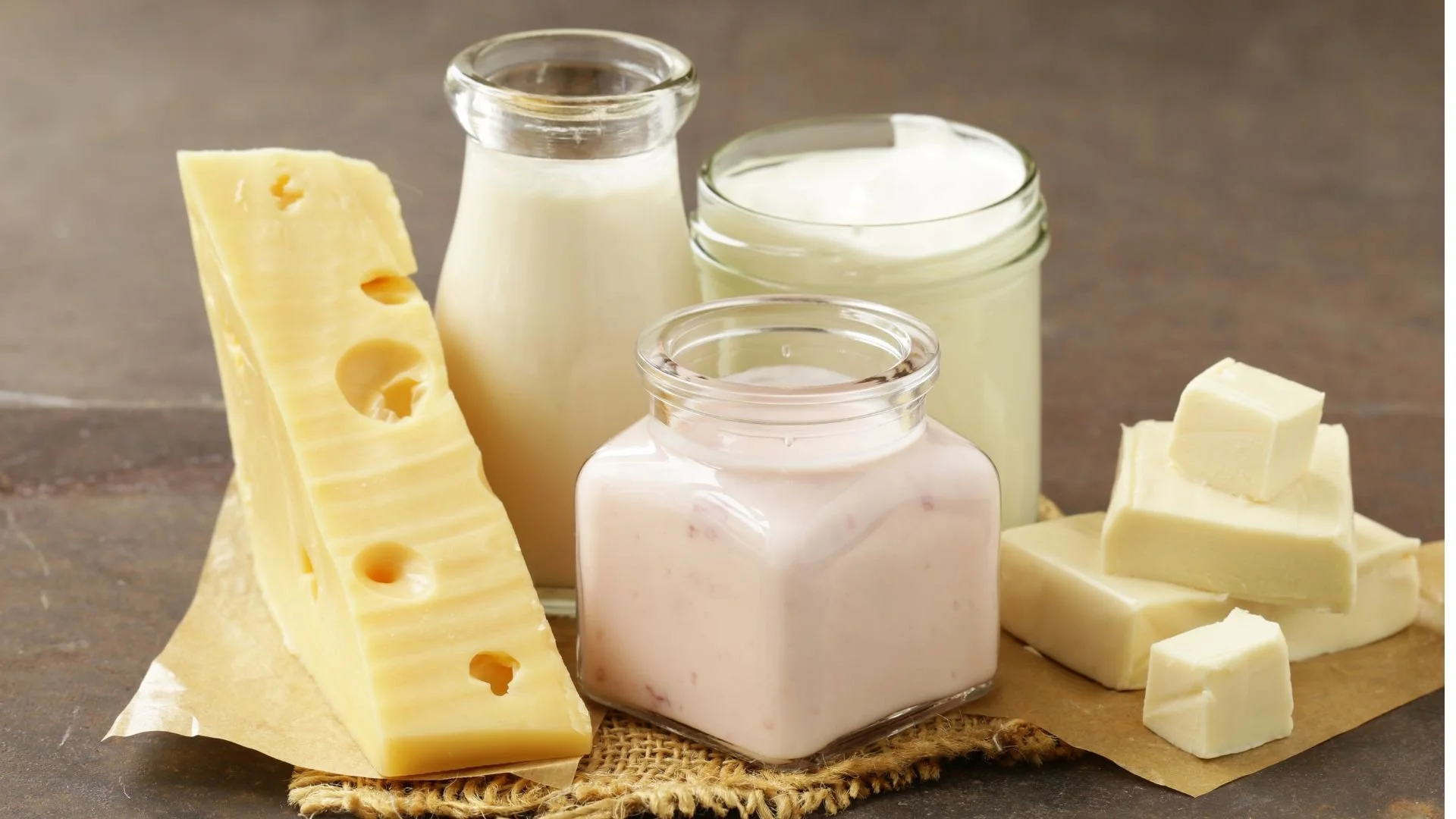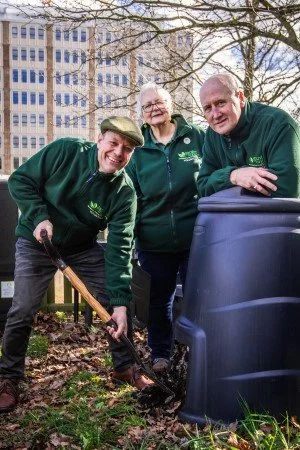
Composting at home
Got a little time on your hands? Cooking more at home and feeling the peelings piling up? It’s time to start home composting.
There are lots of benefits to home composting. Not only does composting help reduce food and garden waste (especially if you don’t have home food waste collection), it is also a great and affordable way to give your garden a boost by improving your soil’s quality, structure, texture, and water-holding capacity.
The other good news is that, if done right, compost will not attract pests, flies or smell foul.
Why not try our 6 simple steps to get started……
1. Find a composter to match your patch
The dalek composter is a good choice for medium or small gardens. Many councils offer residents discounts on these sci-fi garden containers, so be sure to check out your local authorities’ offering as a first step. Bins less than 1 cubic m in size are much less effective than larger ones.
Large gardens will benefit from bigger bins, or indeed several which can be rotated. Find out how to make your own.
Very small space gardeners and worm lovers should look no further than a wormery. It’s slightly more involved than the dalek composter but offers greater rewards faster.
Vermiculture (or worm composting) involves, you guessed it, helpful worms, who gobble your waste and offer nutritious compost and worm tea in return. This worm tea is known to many gardeners as liquid gold as it’s such an excellent fertilizer and a natural insect repellent. Find out more about vermiculture and wormeries.
Position your compost bin in a reasonably sunny site on bare soil. If you have to put your compost bin on concrete, tarmac or patio slabs ensure there's a layer of paper and twigs or existing compost on the bottom. Choose a place where you can easily add ingredients to the bin and get the compost out.
2. Choose the right site
Aim for a balance of 50% greens and 50% browns in your compost bin to get the right mix. Ideally add a bucket load at a time and turn your compost.
3. What to add to your compost
Browns (organic matter high in carbon)
Dry leaves
Woody plant trimmings
Straw
Pine needles
Sawdust
Paper products
Greens (organic matter high in nitrogen)
Kitchen scraps
Coffee grounds and filters
Leafy plant trimmings
Grass clippings
Manure
Feathers, and hair
Items to keep out of your compost
Ashes from charcoal barbecues, fireplaces or wood stoves
Disease or insect infested plant material
Meat, bones, grease, fats, oils, or dairy products
Faeces from cats, including soiled litter, dogs, birds, pigs and humans
Weeds with seed heads
Veg with diseases
4. Keep it turning
Turning the heap adds air; air is necessary for the decomposition process. If the heap is too soggy or becomes compacted, then the composting process slows.
Ideally, place a lot of composting materials on the heap in one go, and turn it monthly. Invest time in turning the compost for the best results.
Keep the heap moist in dry weather – turning will give you an opportunity to assess the moisture level.
Wait a while: It takes between six to 12 months for your compost to become ready to use, so now all you need to do is wait and let nature do the work. Keep on adding greens and browns to top up your compost, and keep on turning.
5. Be patient
6. Get ready to roll
Once your compost has turned into a crumbly, dark material, resembling thick, moist soil and gives off an earthy, fresh aroma, you know it's ready to use. Don't worry if your compost looks a little lumpy with twigs and bits of eggshell – this is perfectly normal. Use it to enrich borders and vegetable patches, plant up patio containers or feed the lawn.
Want to know more?
If you’re based in Norfolk, click here to find out about buying a reduced price bin or more about being a Norfolk Master Composter.
Based in Suffolk? Check out their Home Composting tips page for deals on home composting bins and the Suffolk Master Composting Scheme.












